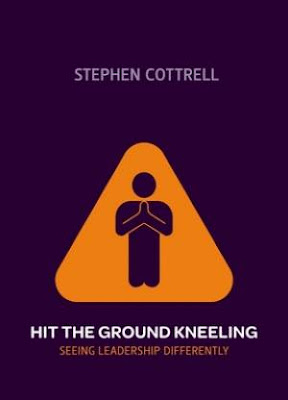(I’ve started writing articles for the local paper. They’ll be posted here a little while after being published.)
One of the issues on Mersea at the moment is the proposed installation of new nuclear reactors at Bradwell, just across the water. This has raised a lot of strong emotions. But why is the government looking to build new nuclear power stations? The simple reason is that it has belatedly realised that we have entered into an energy crisis and, if it doesn’t build new power stations, a lot of people will be trying to function without electricity in the near future.
This shows the amount of nuclear generating capacity that is expected to go ‘off-line’ over the next decade or so. Simply to maintain a power supply equivalent to what we have today we need to find some 8 Giga-watts (GW) of generation capacity (from a total of around 56GW nationally). Of course, the ‘equivalent to what we have today’ understates the issue. We are facing an energy crunch from several different directions: coal plants (the majority of our generation capacity) are being forced to close down due to EU regulations; the oil supply has almost certainly peaked – hence the price rises – and will become progressively more expensive and scarce; and the same applies to gas, although on a slightly later scale. For comparison, the Gunfleet Sands wind farm that we can see from the beach (phase one) has a maximum capacity of 0.1GW.
Even if we ignore the problematic nature of depending on fossil fuels over the coming years, we are facing a shortfall of generating capacity. This is why the Government indicated in 2006 that they would look to build some new nuclear power stations, as part of the requirement to generate some 25GW of new capacity.
Now, there are many issues associated with establishing new nuclear capacity. BANNG have rehearsed many reasons why Bradwell is the wrong answer to the predicament that we face. My concern, however, is that the wrong question is being asked. Essentially the government is trying to work out a way of continuing business as usual, and this, frankly, is daft. Two principal reasons for why:
First, our present energy infrastructure is built around centralised generation of electricity, which is then distributed through the national grid to homes and industry. Taken as a whole (from energy source to eventual use) this is incredibly inefficient, and is only possible in the context of cheap and abundant fossil fuels. In the context of scarce and expensive energy, the future forms that power generation will take will be both more local and more resilient. For example, Woking has been a pioneer in establishing combined heat and power systems and Mersea is not too small to explore doing something similar. It would certainly be a more reasonable course of action than complaining about both the development of nuclear and windpower at the same time!
Second, there is the proverbial snowball’s chance in hell that we will be able to maintain our present, high-energy lifestyle. This is why the Transition Town process (Transition Island in Mersea’s case!) is so very important. We need, as individuals and even more as a community, to begin to prepare for energy descent – a context within which energy will be both scarcer and much more expensive than it is now. This doesn’t have to be a frightening prospect, rather the opposite. We will be growing much more of our own food, using much more human-powered transport, and enjoying much more human-scale and homegrown entertainment. What we will not have very much of are things like private cars or homes warm enough to wear just T-shirts in the middle of winter.
The real question for us is about what we are going to prioritise. What are the things that are really important for us, that are worth fighting for? What, on the other hand, are we prepared to do without?
Personally speaking, I believe that the government has woken up a little too late to do anything substantial the energy crisis (although I hope I’m wrong), and for that reason we probably won’t be faced with a new nuclear power station at Bradwell. We simply won’t be able to afford one (and bear in mind that nuclear power has never yet turned a profit). Yet that will be a very literal cold comfort when we face a harsh winter again, and people find that they are unable to heat their homes. If we are to face our energy constrained future honestly then we need to focus much more closely on preparations now – such as ensuring that homes are properly insulated, that, wherever possible, we have passive solar hot water supplies installed, and so on.
I plan over the coming issues to explore aspects of this energy crisis in more depth. Next time: an explanation of ‘Peak Oil’ and why it matters.







